Martial Peak Reviews
In Broken Destiny, Serena Lindahl crafts a captivating narrative that intertwines fantasy, self-discovery, and the complexities of trauma. The story follows Zosia, a young woman who has spent the last seven years in an orphanage, only to discover that she is a sphinx and the last guardian of a sentient library that houses the knowledge of Supernaturals. This revelation sets the stage for a journey that is as much about external conflict as it is about internal healing.
The premise of the book is intriguing, particularly the concept of a sentient library. Lindahl’s world-building is commendable; she creates a rich tapestry of supernatural elements that feel both familiar and fresh. The library itself is a character in its own right, filled with secrets and knowledge that Zosia must unlock. This setting serves as a backdrop for Zosia’s growth, as she learns to embrace her identity and the powers that come with it.
One of the most compelling aspects of Broken Destiny is its exploration of imperfection and acceptance. Zosia is rejected by the elite academy because she does not fit their mold of perfection. This theme resonates deeply, especially in a society that often values conformity over individuality. Zosia’s journey to gather her fellow guardians—each with their own flaws and strengths—highlights the importance of community and support in overcoming personal struggles. Lindahl effectively portrays how these relationships can be a source of strength, as Zosia learns that she is not alone in her imperfections.
The character development in the novel is particularly noteworthy. Zosia is a multi-dimensional protagonist whose struggles with her past trauma are palpable. The memories of torture she endured as a child are not merely backstory; they are integral to her character arc. Lindahl does not shy away from depicting the impact of these experiences, making Zosia’s journey toward self-acceptance and empowerment all the more poignant. As she confronts her fears and learns to believe in herself, readers are taken on an emotional rollercoaster that is both heart-wrenching and inspiring.
The supporting characters, the other guardians, are equally well-developed. Each character brings their own unique background and abilities to the table, enriching the narrative and providing different perspectives on the themes of trauma and resilience. Their interactions with Zosia are filled with camaraderie and tension, creating a dynamic that keeps the reader engaged. The reverse harem aspect of the story adds another layer of complexity to these relationships, as Zosia navigates her feelings and the expectations placed upon her.
Moreover, the book delves into the theme of power and responsibility. As Zosia learns about her abilities and the weight of her role as a guardian, she grapples with the implications of her power. This exploration is particularly relevant in today’s context, where the misuse of power can lead to devastating consequences. Lindahl skillfully weaves this theme into the narrative, prompting readers to reflect on their own understanding of power dynamics in relationships and society.
The pacing of the story is well-executed, with a slow-burn adventure that allows for character development and world-building without feeling rushed. Lindahl balances action sequences with quieter moments of introspection, creating a rhythm that keeps readers invested. The stakes are high, as Zosia and her guardians must prevent a war between two factions, but the real battle lies within Zosia herself. This duality of conflict adds depth to the narrative, making it more than just a typical fantasy adventure.
However, it is essential to note that the book addresses sensitive topics, including past physical abuse. Lindahl approaches these themes with care, providing a realistic portrayal of trauma while also offering a message of hope and healing. Readers who may find these topics triggering should be aware, but the overall message of resilience and empowerment is uplifting.
In comparison to other works in the genre, Broken Destiny stands out for its focus on character-driven storytelling. While many fantasy novels prioritize plot over character development, Lindahl’s approach is refreshing. The emotional depth of Zosia’s journey sets it apart from similar stories, such as those by Sarah J. Maas or Jennifer L. Armentrout, where the emphasis often leans more towards romance and action. Lindahl’s narrative is a reminder that true strength comes from within and that healing is a journey worth taking.
Overall, Broken Destiny is a compelling read that combines elements of fantasy, adventure, and emotional depth. Serena Lindahl has created a world that is both enchanting and thought-provoking, with characters that resonate long after the last page is turned. The themes of imperfection, acceptance, and the power of community make this book a significant addition to the genre, appealing to readers who seek stories that challenge societal norms while offering a message of hope. For those looking for a fantasy novel that delves into the complexities of identity and healing, Broken Destiny is a must-read.
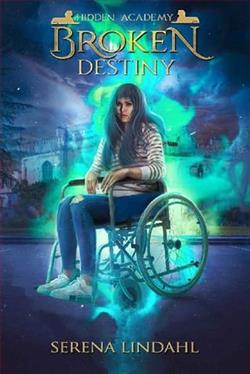



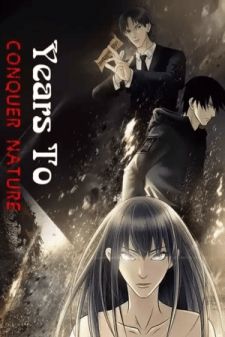
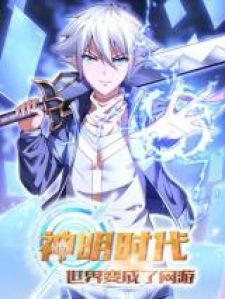
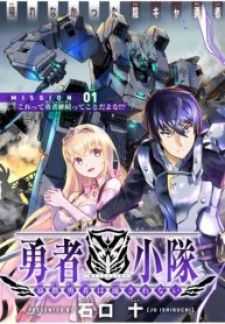
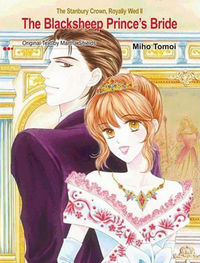
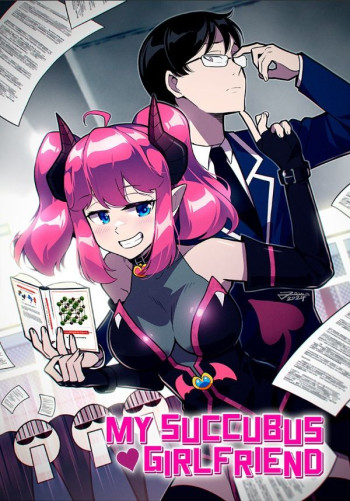
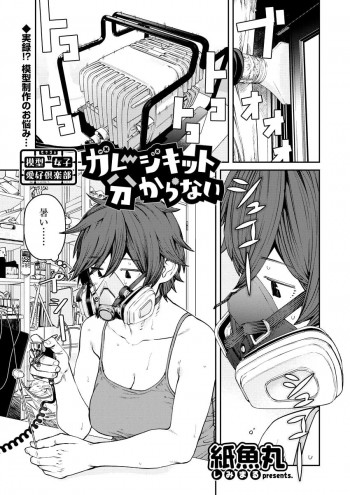

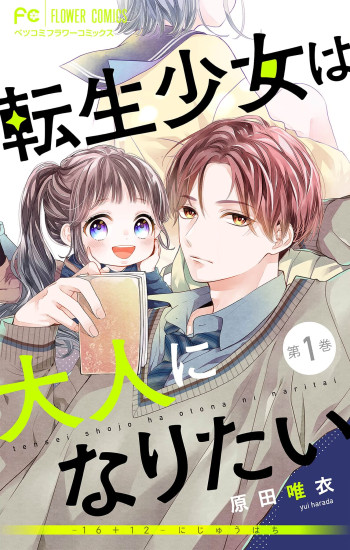
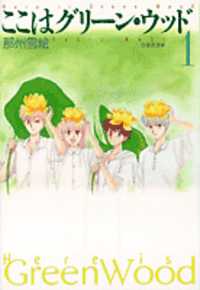
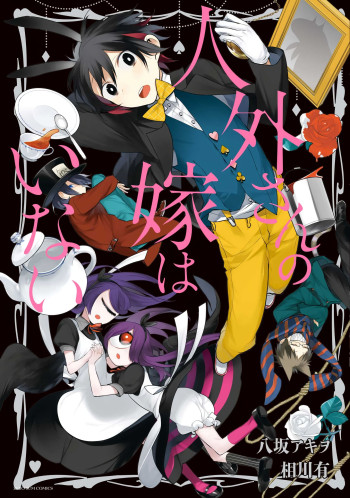










Reviews 0
Post a Reviews: